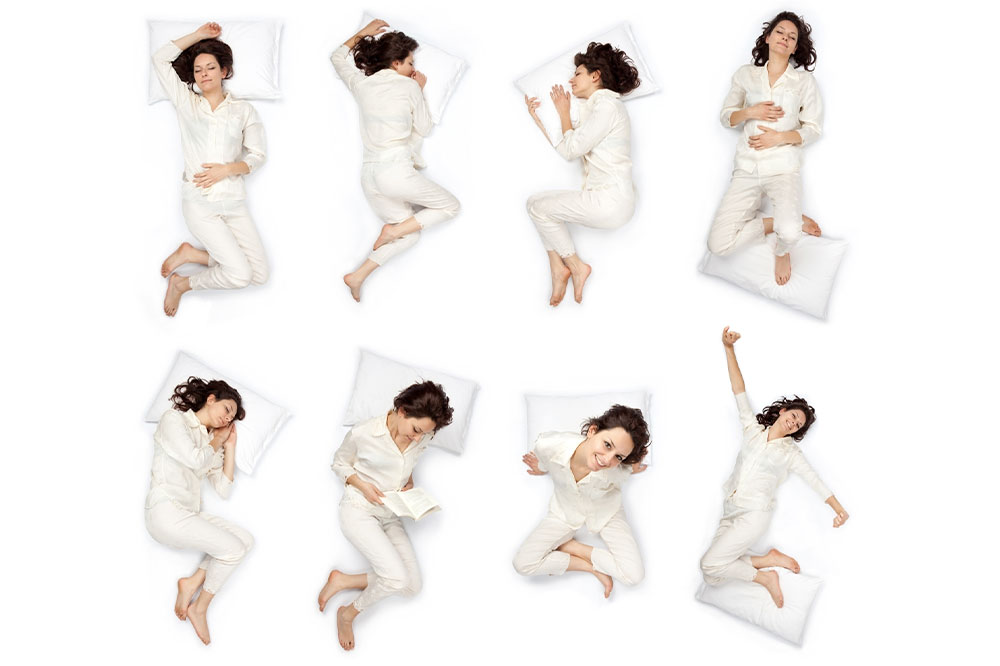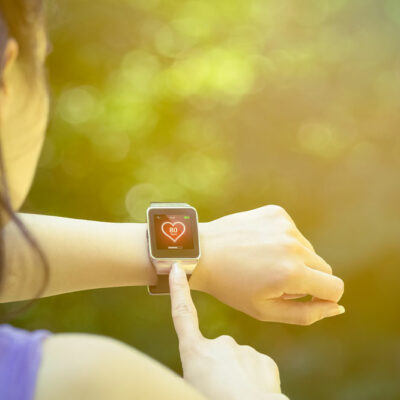
4 sleeping positions and their impact on health
One thing that most people want to do after a hectic day at work or after engaging in intense exercise is get a good night’s rest. Sleeping ensures that the body gets the opportunity to relax and recharge for the next day. However, the position in which one sleeps may have an effect on their sleep quality and overall health. So, here is a look at how sleeping positions can affect sleep:
Fetal position
Taking on a fetal position is one of the healthiest ways to sleep, especially for those who are pregnant or dealing with lower back pain. It can also help reduce snoring. However, here one should ensure that their posture is relatively loose, or it could limit deep breathing while asleep. One could try the fetal position by sleeping on their side with bent legs curled toward their body.
Sleeping on one side
Although similar to the fetal position, here, the legs are not pulled in toward the body. The posture could help with digestion and reduce heartburn, but it may not be ideal for everyone, as it can cause stiffness in the shoulders and jaw tightness on that side. Placing a pillow between the lower legs could help improve the alignment of the hips and prevent low back pain.
Lying on the stomach
Many may choose this position to deal with sleep apnea and snoring. On the contrary, lying on the stomach could lead to back and neck pain and exert unwanted strain on the joints and muscles. However, placing a pillow under the lower belly here can help reduce back pain.
Flat on the back
Sleeping flat on the back can protect the spine and relieve hip and knee pain. This position uses gravity to keep the body in an even alignment over the spine. It could also help reduce unwanted pressure on the back or joints. Additionally, placing a pillow behind the knees can support the natural curve of the back.
One should also avoid changing their natural sleeping position without professional guidance, as sudden changes could affect sleeping patterns and breathing.


